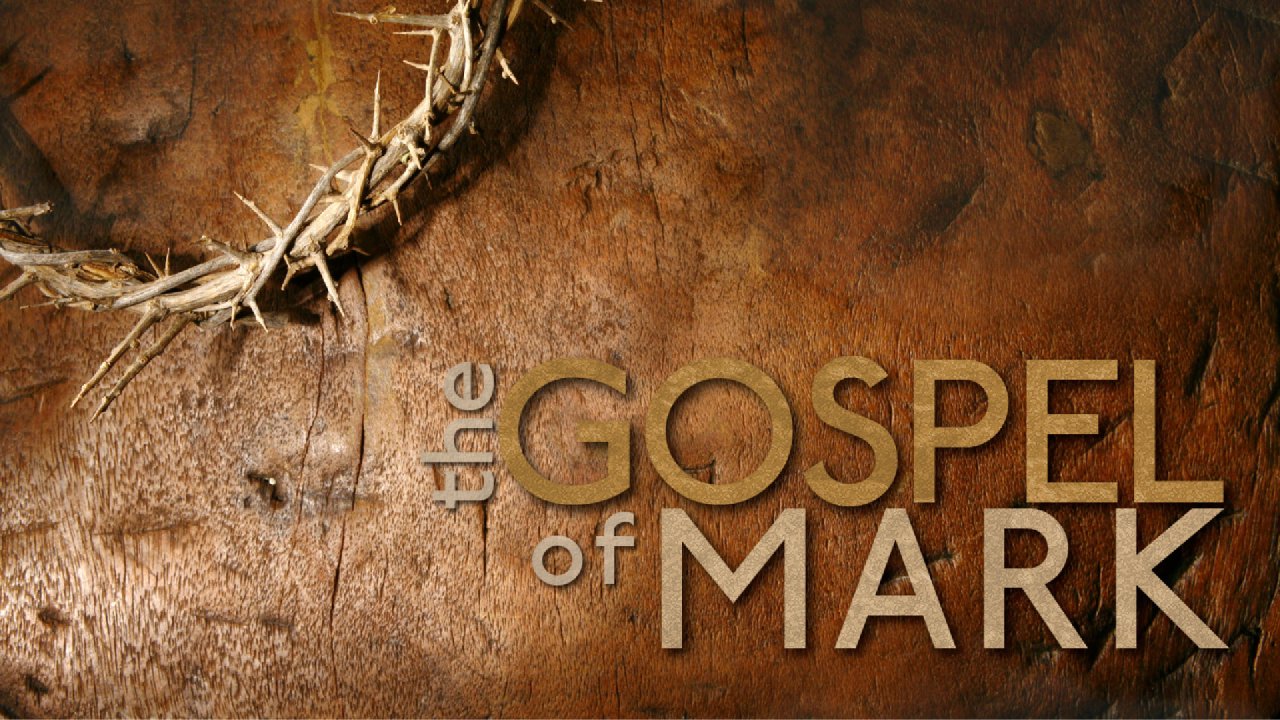What a rich time studying through the events of the Last Supper, this glorious final Passover Meal, where Jesus as our Suffering Servant (his body is broken) and our Sacrificial Lamb of God (his blood poured out) come together. The Lord’s Supper is a meal for sinners. We don’t earn it or deserve it. The prerequisite required to approach the table is to recognize our NEED for him.
Reflection: What is your experience with Communion personally? What does it mean to you?
Such great discussion around Judas’ betrayal, the discomfort that it brings. R.C. Sproul says, “There’s a mysterious intersection here between the secret counsel of God (his sovereignty) and the conspiracies of the human will (free will). In God’s providence, these two streams come together. God didn’t coerce Judas to betray Jesus (Judas did exactly what Judas wanted to do). Rather, God was working his will in and through Judas’ choices. In a divine mystery that we will never comprehend in this life, we embrace the truth and tension that divine sovereignty never cancels out human freedom and moral responsibility."
Reflection: In what ways are you like Peter, guilty of believing you are incapable of certain sins?






